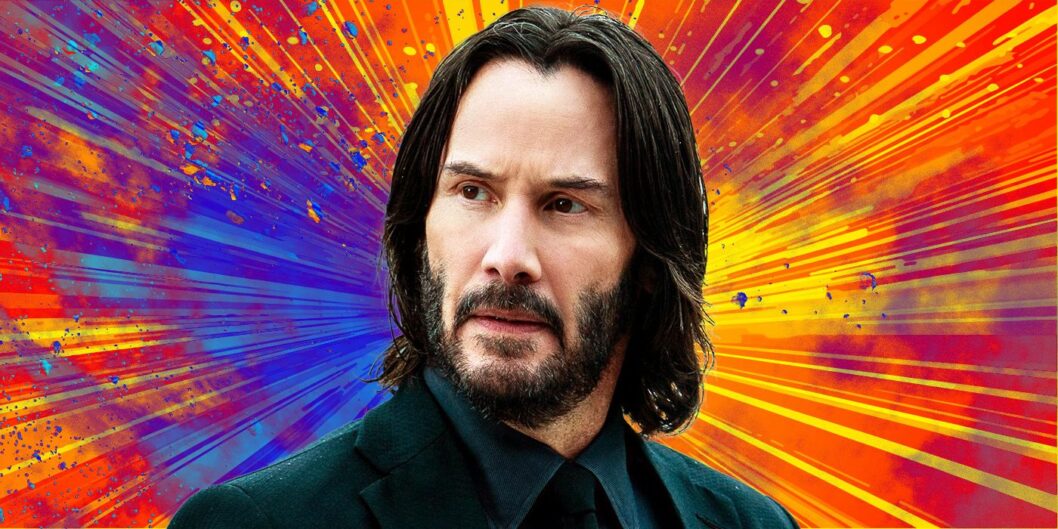Lionsgate’s AI Ambitions: A Double-Edged Sword for Filmmaking
Lionsgate Films, known for blockbuster franchises like John Wick and The Hunger Games, is pivoting towards artificial intelligence (AI) to revolutionize filmmaking. However, this move, championed by vice chairman Michael Burns, has ignited debate about the implications of using AI in the artistic process. Last September, Lionsgate entered into a partnership with AI research firm Runway, aiming to utilize generative AI for film creation. While Burns views AI as a means to reduce production costs, critics warn it could undermine the integrity of storytelling and creative artistry that define successful films.
Transforming Filmmaking with AI
Michael Burns expressed his vision for AI’s role in filmmaking during a conversation with New York Magazine, stating that he envisions producing films at a lower cost by leveraging AI technology. He claims, “We can’t make it for $100 million, but we’d make it for $50 million because of AI… We’re banging around the art of the possible. Let’s try some stuff, see what sticks.” The potential to streamline production could result in films being completed faster, even within different genres, such as anime, all in a matter of hours. However, this optimism raises concerns about reducing the filmmaking process to mere algorithmic output, thereby eroding the craftsmanship involved.
The Filmmaking Process at Risk
Critics argue that Burns’s comments hint at a fundamental misunderstanding of what makes films resonate with audiences. Iconic directors like Ryan Coogler (Black Panther), Ridley Scott (Gladiator), and Christopher Nolan (Interstellar) have each brought their unique visions to life, showcasing that the artistry in filmmaking stems from exhaustive creativity, vision, and collaboration. The suggestion that a film can be swiftly transformed or sanitized for a broader audience misses the deep emotional and artistic labor that goes into each project. This commodification of art could ultimately lead to a homogenized film industry, where originality is sacrificed for profitability.
Voices Against AI in the Industry
The increasing use of AI has sparked discontent within the creative community. Voice actors are currently on strike, advocating for protections against the implementation of AI technology in the video game sector. Concerns are mounting about the potential fallout with AI adoption in film and television, suggesting that it could trigger new strikes from actors and writers alike. As industry talent stands firmly against a perceived threat to their craft, Lionsgate risks alienating creative forces which have historically driven the success of its films.
A History of Poor Decisions
Lionsgate is no stranger to controversy regarding management decisions. Recent flops such as The Crow and Borderlands have raised questions about the studio’s judgment, piqued by the debate surrounding its new AI initiatives. In light of these failures, one must consider whether the allure of AI is a genuine innovation or merely a distraction from ongoing issues within the studio.
Burns’s ambition to enhance filmmaking through AI, while possibly well-intentioned, seems dismissive of the artistic process. "We think this is very much going to enhance filmmaking and become an incredible tool for the community," he stated. Yet, critics argue that prioritizing technological solutions could signify a decline in creative richness that has historically defined cinema’s greatest works.
Conclusion: Navigating the Future of Filmmaking
As Lionsgate explores AI-assisted filmmaking, the potential benefits must be weighed against the risks of diluting creative expression. The industry’s response to these developments will be pivotal, as it mirrors broader societal attitudes toward technology’s role in art. While the pursuit of innovation is vital for any competitive business, the core of filmmaking should remain rooted in human creativity and storytelling. Moving forward, the challenge will be integrating AI thoughtfully, ensuring it serves as a tool for filmmakers rather than a replacement of the artistry that defines their films. As the debate continues, the impact of these developments on current and future cinematic works remains to be seen.









